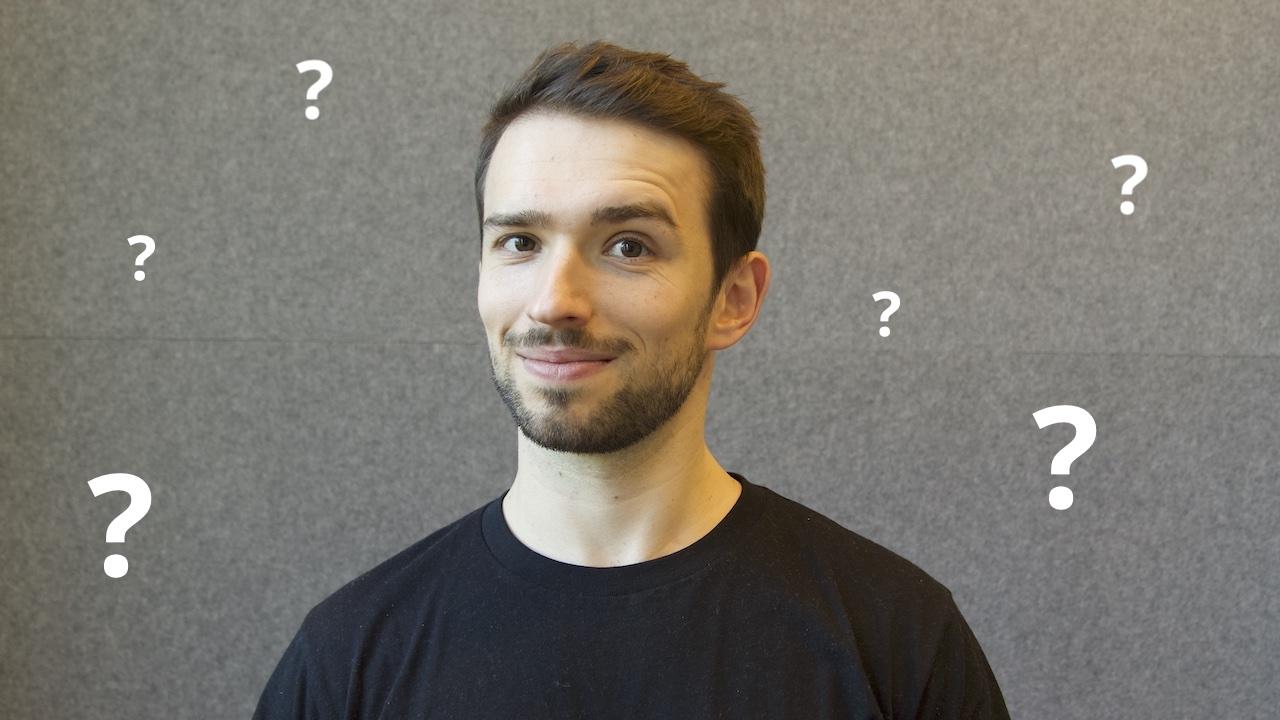For most of modern human history, people taught their offspring in rather incidental and rudimentary ways. A song, a show & tell (mummy's about to gut an antelope, come and see), or a slap on the wrist (don't touch that bright yellow frog!) were the pinnacles of instruction for a really long time [1]. One possible explanation for our ancestors' lack of pedagogical sophistication is that teaching used to have a really bad cost-benefit ratio. Investing time and effort into someone who may become a tiger's lunch at any moment was a waste of time for an expert hunter-gatherer who would much rather, well, hunt, gather or rest.
Everything changed in the field of pedagogy around five thousand years ago. By then, humans in ancient Egypt and Mesopotamia had settled and organised into cities and empires. Life became a little more predictable, just enough for teaching to be worth the effort. The first schools were established [2], and people finally had the headspace to think about new, more efficient and effective means of instruction. And think they did. Today, there are thousands of different pedagogies. Finland, Korea, Germany and many other countries all approach public education in their own, distinct ways. There are special Montessori, Waldorf and Dalton schools. Each teacher has their own teaching style.
The previous two paragraphs can be summarised as follows: First, pedagogy is not "natural", but rather, a human invention, and second, there are many different pedagogies around today. Because of those two characteristics we can think of pedagogy as a culture of teaching and learning. Through this lens, we can consider students entering a new educational institution as migrants coming to live in a foreign country. To have a good life, immigrants don't only need to learn the local language, but the local culture, too. Similarly, in order to thrive at school, pupils and students don't only need to learn the subject matter (e.g., mathematics or biology), but also the local pedagogy.
Familiarising yourself with the local pedagogy, that is, how teaching and learning is done around here, can be hard. Especially in higher education, where pedagogies can become rather complex, may vary from course to course, and differ considerably from what students were used to previously. Throw in some online and hybrid modalities, and the resulting pedagogical culture is a lot to take in for a first year student. So much so that it may even lead to a mild cultural shock for a portion of the student body, increasing their chances of dropping out during the first year of their studies or learning less than they otherwise might have and enduring a needlessly bad time.
I believe it is a responsibility of higher education institutions to help new students acclimatise to the local teaching and learning culture. After all, it is the deans, teachers and support staff who have the most influence over which pedagogical approaches are used. And I also believe that institutions are not doing their fair share. I would like to see providers of higher education help students with the transition into higher education, and with the adoption of study behaviours that will make students successful. How can institutions do that? That’s for a future post.
References
[1] Kline, M. A. (2014). How to learn about teaching: An evolutionary framework for the study of teaching behavior in humans and other animals. Behavioral and Brain Sciences, 38. https://doi.org/10.1017/s0140525x14000090
[2] Encyclopedia Brittanica https://www.britannica.com/topic/education/Education-in-the-earliest-civilizations
